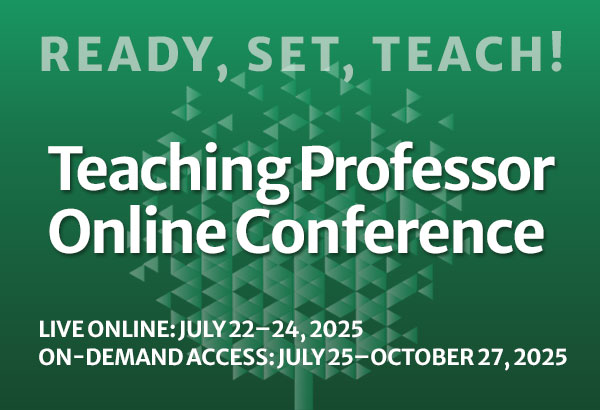
Course Crushes and Unexpected Love: Embracing Unfavored Classes
As part of my graduate training in clinical psychology, I was given the opportunity to serve as the primary instructor for one section of an undergraduate course. Excitement mounted as I awaited my assignment. Abnormal Psychology was the gold ring. It was always the












